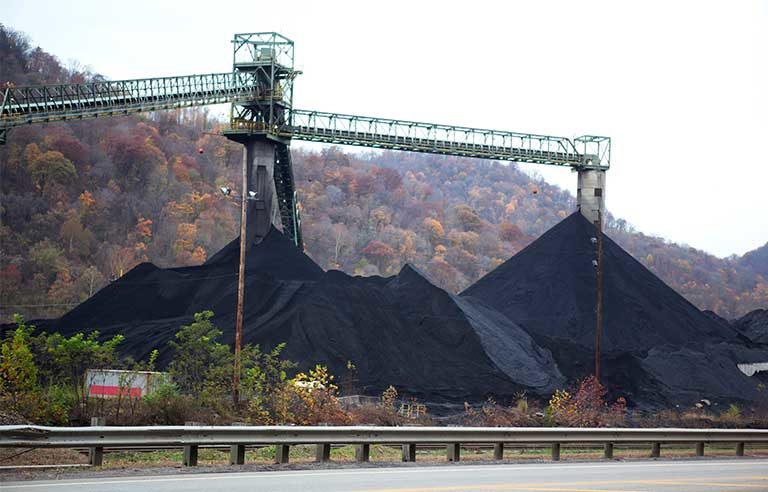No changes to training requirements for refuge alternatives in coal mines, MSHA says

Washington — The Mine Safety and Health Administration has determined that the annual training requirements outlined in its Refuge Alternatives for Underground Coal Mines rule supply “an experience sufficient to enable miners to apply their knowledge, other training and available written instruction to effectively use the refuge alternative in an emergency.”
After multiple reopenings of the record and extensions of the comment period, MSHA announced in a notice published in the July 10 Federal Register that the rule – finalized in December 2008 and effective in March 2009 – “remains in effect without change.”
In 2009, United Mine Workers of America challenged the rule in a lawsuit filed in the U.S. Court of Appeals for the District of Columbia Circuit, citing NIOSH research in support of its push for quarterly training to better protect miners.
The court remanded the rule but didn’t vacate it, directing the agency to “explain the basis for the training frequency provision from the existing record or to reopen the record and allow additional public comment if needed.”
After reopening the record, MSHA received three public comments, including two in support of retaining the existing rule. The agency states in the notice that the rule’s approach is consistent with mandates in West Virginia, the lone state that specifies training for refuge alternative deployment requirements. It added, “MSHA concludes that annual motor-task (hands-on), decision-making and expectations training, supplemented by existing mandated quarterly review of deployment and use procedures, as well as existing mandated quarterly evacuation training and quarterly evacuation drills with review of a mine’s evacuation plan, which include discussion of emergency scenarios and options for escape and refuge, will prepare miners to deploy and use refuge alternatives appropriately and effectively in an emergency.”
Post a comment to this article
Safety+Health welcomes comments that promote respectful dialogue. Please stay on topic. Comments that contain personal attacks, profanity or abusive language – or those aggressively promoting products or services – will be removed. We reserve the right to determine which comments violate our comment policy. (Anonymous comments are welcome; merely skip the “name” field in the comment box. An email address is required but will not be included with your comment.)

